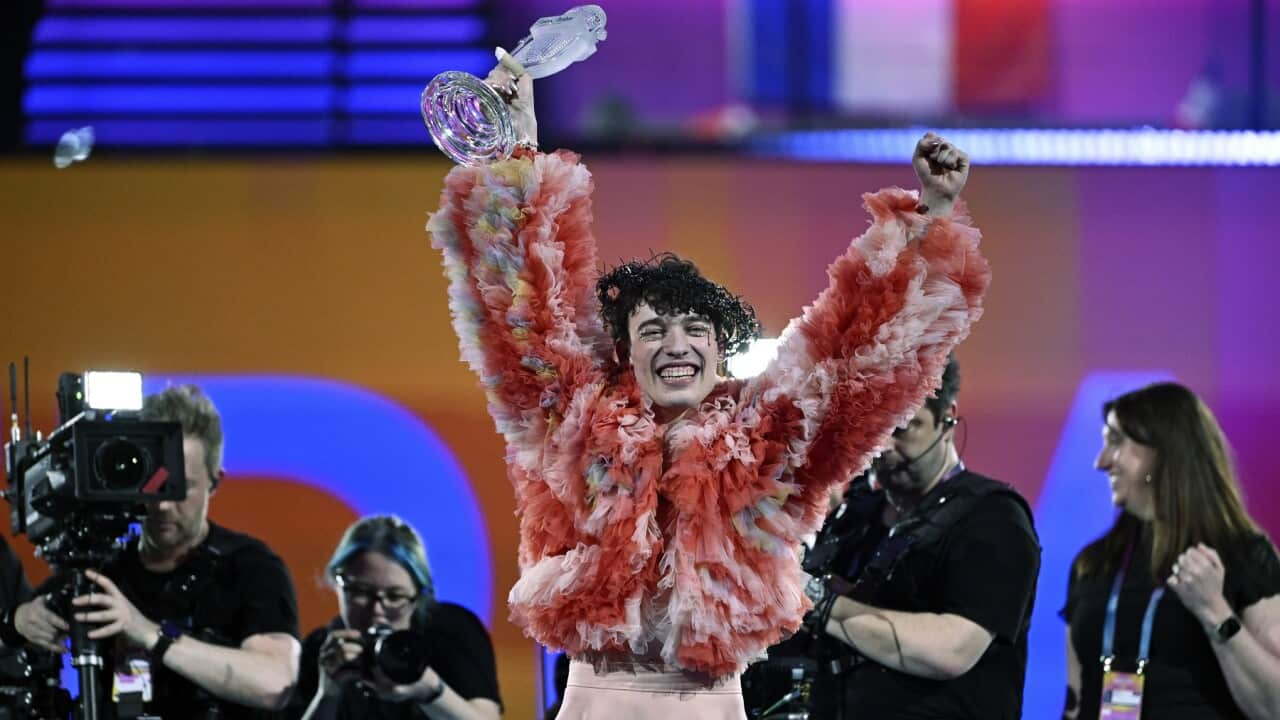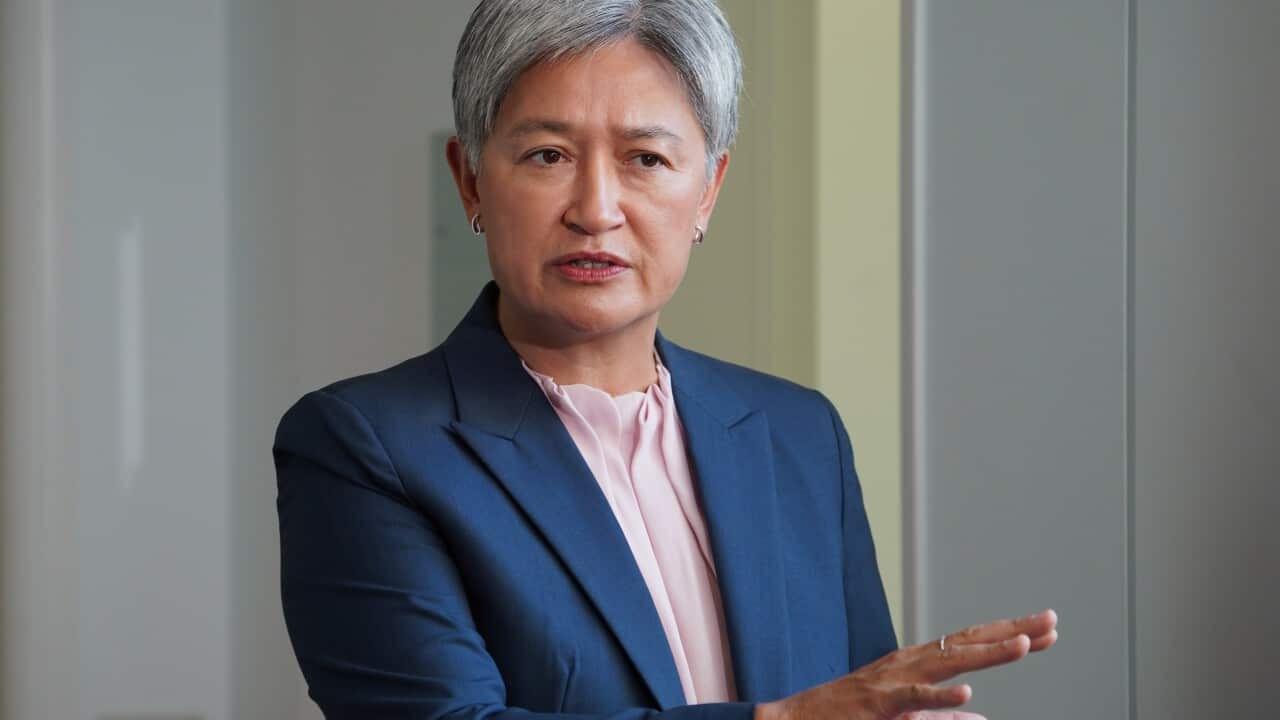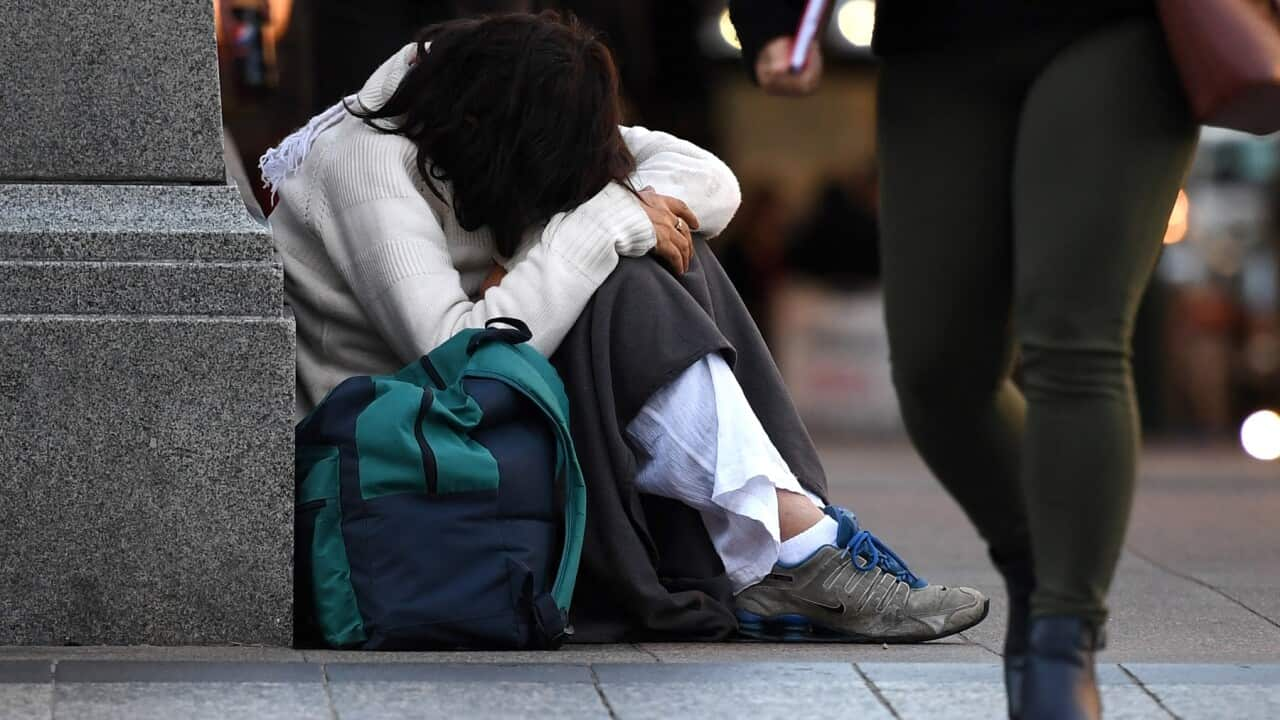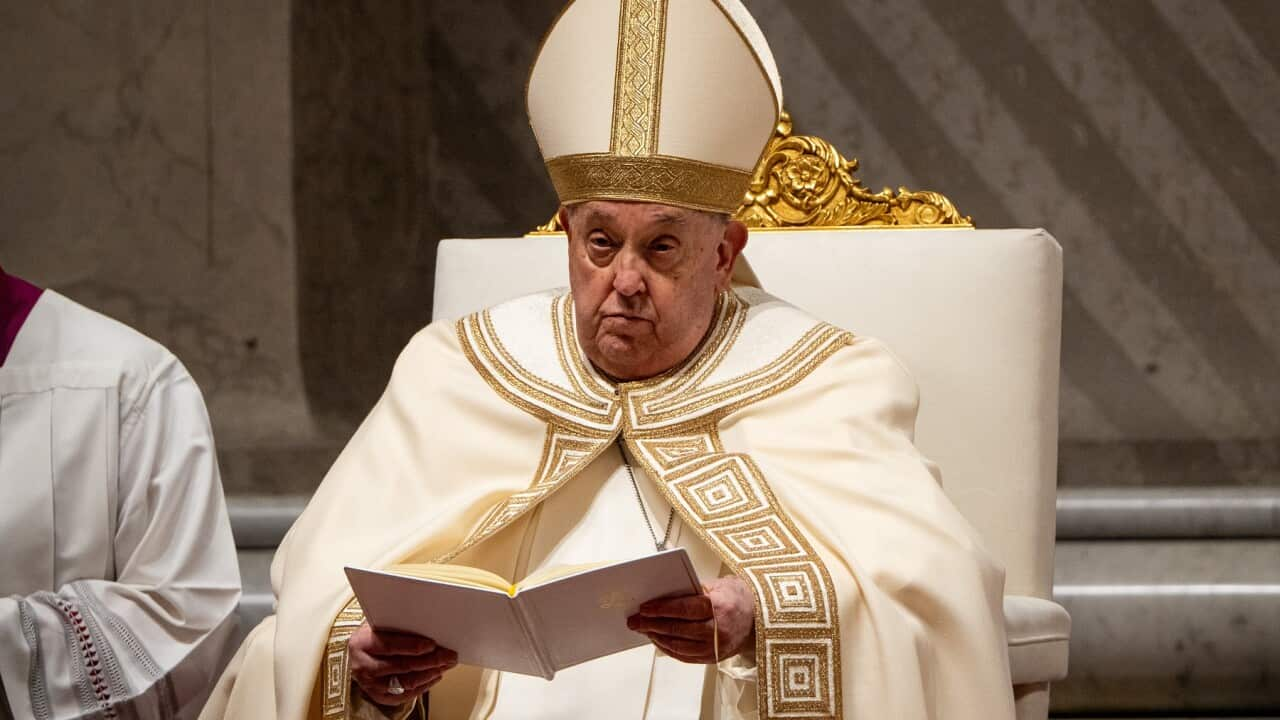TRANSCRIPT
Millions of fans have tuned in from around the globe to watch the Eurovision Song Contest crown its newest winner.
With a total of 591 points - 226 from the public and 365 from the jury - the winner was announced as Switzerland's Nemo.
"Switzerland, from the public, you have received... (pause) 226 points! (Cheering) The winner of the Eurovision Song Contest 2024, it is, Switzerland!" (Cheering)
The 24-year-old fan and jury favourite was crowned in host city Malmö, Sweden with their song The Code: a drum-and-base, opera, rap and rock tune about non-binary self-discovery.
Rapping/singing: "I got so much on my mind, and I been awake all night. I'm so pumped, I'm so psyched. It's bigger than me, I'm getting so hyped, like let me taste the lows and highs. (Oh) let me feel that burning fright. (Oh) this story is my truth I, I went to Hell and back. To find myself on track. I broke the code, whoa-oh-oh ..."
This marks Switzerland's first win since 1988, when Celine Dion represented the country despite being Canadian.
As the first openly non-binary person to win the song contest, Nemo says it was special to be a part of.
"I'm mostly just really grateful for this whole experience and for all the friends made along this way. This was one of the most queer representations we've seen at Eurovision, just to be a part of it was special. And to know that a song, where I just speak about my story, has touched so many people and maybe inspired other people to stay true to their story."
This year, the scores of the voting juries and viewing public in 37 countries - including Australia and, for the first time the rest of the world - were combined for the official results.
Coming in second was Croatia's Baby Lasagna with Rim Tim Tagi Dim, and in third, Ukraine's Alyona Alyona & Jerry Heil with their song Teresa and Maria.
Australia's entry to this year's contest, Electric Fields, was knocked out in the semi-finals.
One half of the duo, Zaachariaha Fielding, says they are already practicing their next song.
"We did a killer performance and we felt like rock stars. And it was... that audience, I'll tell you. It was absolutely giving, they were just giving and you could take from that. It's going to be a memory that will be embedded with us for the rest of our lives. We can write about these things. We're creative people."
Their song One Milkali marked a historic moment for Eurovision and for Australia, incorporating lyrics from the Yankunytjatjara language, from the Anangu peoples in South Australia's APY Lands, where Zaachariaha Fielding grew up.
But this year's contest hasn't been without controversy.
Eurovision, which is always billed as a non-political event, faced the threat of being overshadowed by protests regarding Israel's participation, and the separate disqualification of Dutch contestant Joost Klein.
Many fans were left disappointed by the expulsion, announced just hours before the final.
In a statement issued by the European Broadcasting Union, they said Swedish police were investigating a complaint made by a female member of the production crew after an incident following his performance in the semi-final.
This fan told SBS News they believe the decision was premature.
"I don't know, I think they should have waited until somebody is judged or fined or whatever, until somebody is proven guilty, and then afterwards make the decision with regards to the competition, but they should have let him perform and of course do the investigation very carefully, make sure you check the right things, and then take your actions towards whoever did whatever."
Dutch broadcaster AVROTOS has since issued their own statement condemning the move, calling it a 'very heavy and disproportionate' penalty.
Meanwhile, thousands of people protested over days in the Swedish host city against Israel's participation in the song contest.
Demonstrators marched towards the contest venue, some waving Palestinian flags and shouting "Eurovision united by genocide", a twist on the contest's official slogan "United By Music."
But against this backdrop the show went on, still seeking to deliver on its feel-good celebration of European diversity, with winner Nemo closing out the contest with this timely message.
"I want to say, thank you so much. I hope this contest can live up to its promise and continue to stand for peace and dignity for every person in this world." (Cheers and applause)













